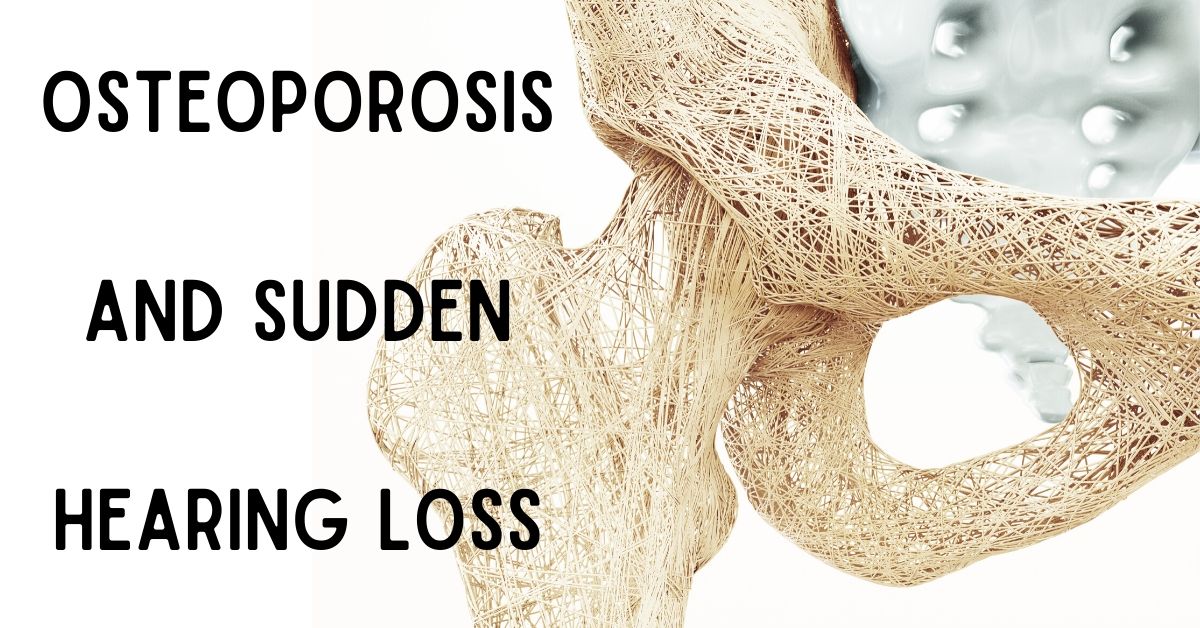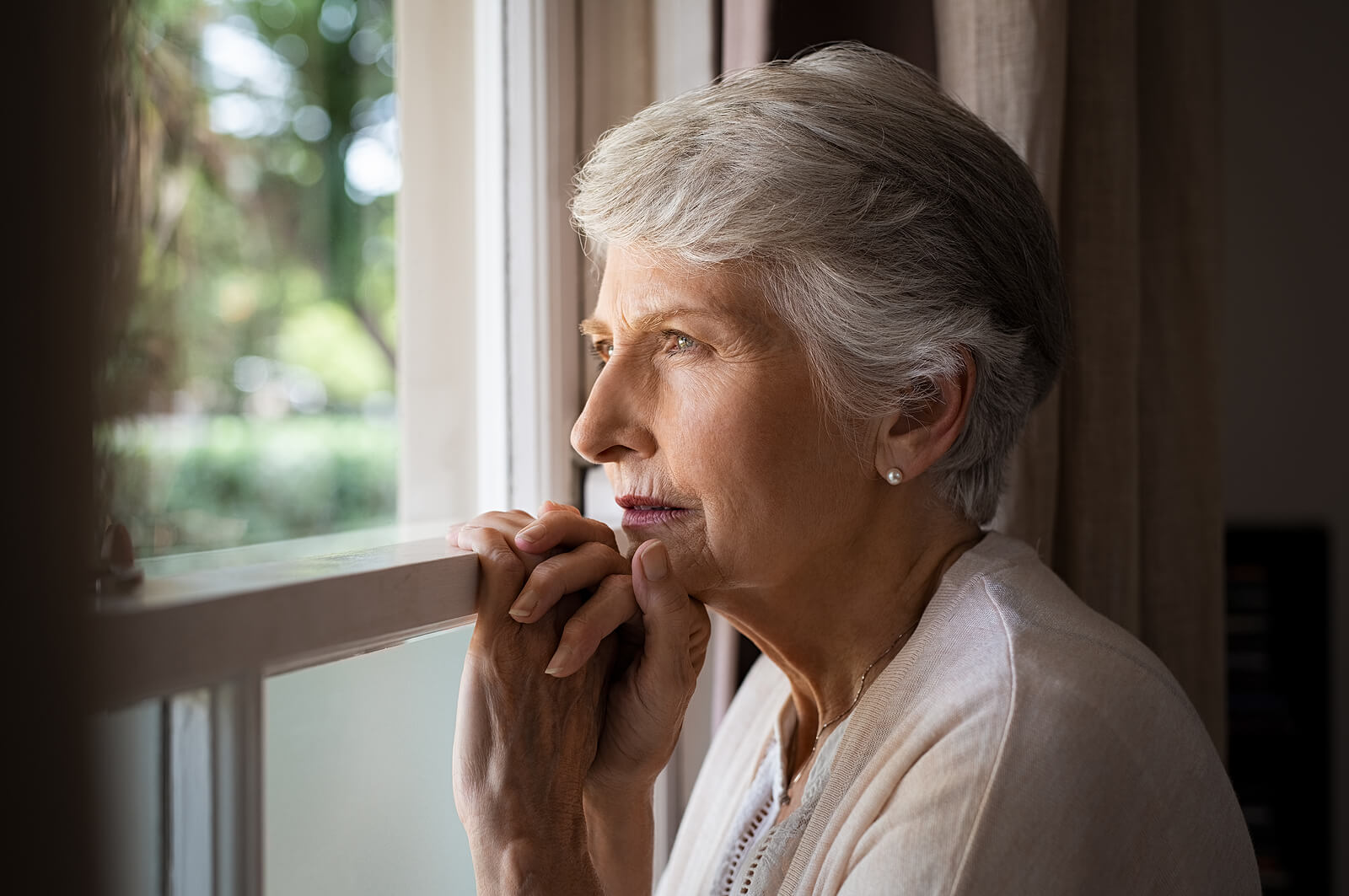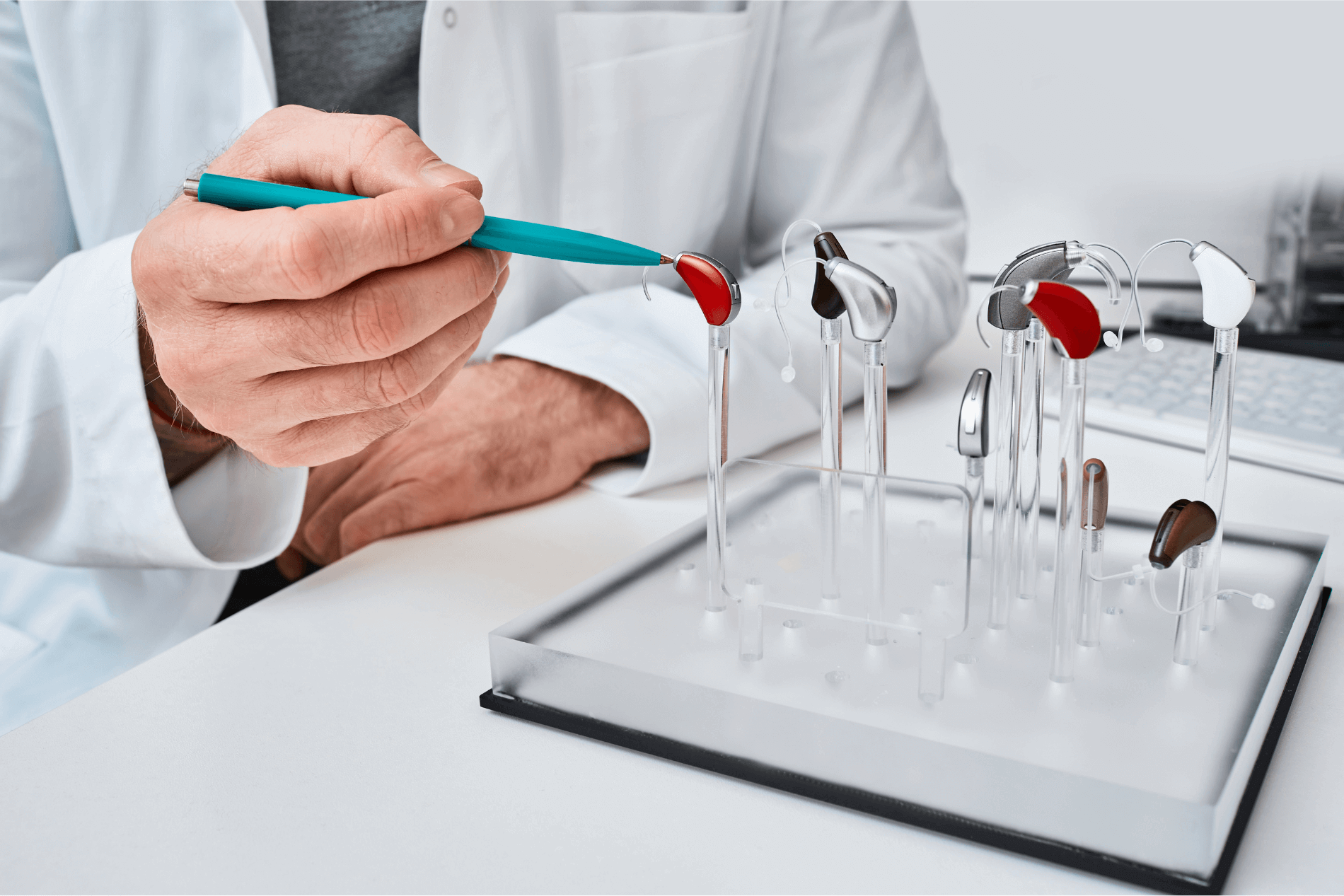
Though we appreciate the beauty and wisdom that comes with age, there are some physical aspects that can be difficult. Over time, our bodies become less resilient than they once were. We often have to take things a little slower and focus on our health and bodies more than we used to. Osteoporosis is a disease where weakened bones become more vulnerable to breakage. This condition must not be ignored as it affects more than just our bone health. Recent studies have made significant connections between osteoporosis and hearing ability.
What Is Osteoporosis?
Believe it or not our bones regenerate or remodel over time. Bone remodeling is a physiological process where old damaged bone is removed by bone-absorbing cells and replaced by new bone-forming cells. Osteoporosis occurs when the normal process of old bone being replaced by new bone slows down, putting your bones at a greater risk of breaks and fractures.
Sudden Hearing Loss
Sudden hearing loss is moderate to severe sensorineural hearing loss that develops within a few hours or is discovered upon awakening. Sensorineural hearing loss is caused by the breakdown of nerves or tiny hairs in the inner ear that detect sound and send it to your brain to be processed. With approximately 4,000 cases diagnosed in the U.S. every year sudden hearing loss most commonly affects people between the ages of 30- and 60. Common causes of sudden hearing loss include:
- Head injury
- Exposure to loud noise
- Medications called ototoxic that damage the inner ear
- Problems with blood circulation
- Abnormal growth or tumors
- Blood vessel disease
- Advanced Age
Osteoporosis and Sudden Hearing Loss
Osteoporosis is a common progressive disorder. Though everyone is affected by this serious condition it has the highest prevalence in white and Asian women. Scientists suspect that osteoporosis could be connected to sudden sensorineural hearing loss. As bones become brittle this can also affect the three tiny bones in the middle ear: the hammer (malleus), the anvil (incus) and the stirrup (stapes). Researchers have been struggling to substantiate the connection between sudden hearing loss and osteoporosis for years.
Studies on Sudden Hearing Loss and Osteoporosis
A 2015 study from Taiwan was recently published in the June 2015 edition of The Journal of Clinical Endocrinology & Metabolism searched to quantify the risk of sudden hearing loss in osteoporotic patients. The researchers studied a random representative sample of 1 million participants in Taiwan’s National Health Insurance program. They discovered that patients with osteoporosis had a 1.76-times risk of suffering sudden sensorineural hearing loss. They also found that the patients who had the greatest risk were women over 50 who had hypertension along with osteoporosis. The studies head, Dr. Mei- Chen Yeh found that those with osteoporosis were 76 percent more likely to develop sudden hearing loss than those who did not have osteoporosis.
This is not the first time a link has been formed between osteoporosis and sudden hearing loss. A 2013 study from the University of Illinois substantiated a link between osteoporosis and the demineralization of the three middle ear bones. The study also found that those who had osteoporosis were more likely to suffer conductive hearing loss. Conductive hearing loss is caused by a blockage of the ear rather than the destruction of nerves.
Preventing Osteoporosis
While many risks cannot be avoided, such as predisposition due to gender age and race, there are some lifestyle changes that can reduce your risk of developing this condition. Avoiding tobacco and excess drinking, staying active, maintaining a healthy weight for your bone structure and eating a balanced diet rich in proteins, calcium and vitamin D can make a huge difference in maintaining bone health.
While there is still much work to do in substantiating the connection to sudden hearing loss and osteoporosis it is important to be aware of the risk factor and take steps towards aging healthily. If you or a loved one has osteoporosis and seems to be struggling with hearing as well, don’t delay in setting up an appointment for a hearing test. At Hearing Aid Associates, we can help you find the best hearing aid for your individual hearing, to help you stay connected to the people around you.

What Is Sudden Hearing Loss and What Does it Mean?
Matthew Favinger, M.S., F-AAA

Having a Good Time at Weddings With Hearing Loss
Matthew Favinger, M.S., F-AAA

